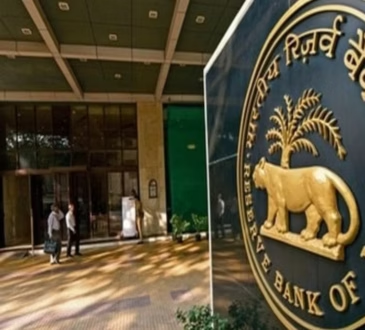Indian banks to soon lend in rupees to overseas borrowers? RBI seeks govt nod – Economy News
The Reserve Bank of India is taking a major step towards the internationalization of the Rupee. As per a Reuters report, the central bank has sought approval from the government to allow domestic banks to lend in rupees to overseas borrowers.
As per the sources quoted by Reuters, last month, the proposal was sent by the Reserve Bank to the Finance Ministry. The proposal suggested allowing the domestic banks and their foreign branches to lend in rupees to non-residents in neighbouring countries like Bangladesh, Nepal, Sri Lanka, and Bhutan.
Impact of the move
The Indian government has been trying for some time to further the use of Indian currency in foreign transactions, starting with the neighbours with whom it has cordial relations. Currently, foreign branches of Indian banks are restricted to providing loans in foreign currencies, and such loans are extended mainly to Indian firms.
If the overseas bank lending in INR could be successful, it could open the doors for transactions for the transaction of foreign trade in Indian rupees. As per the Ministry of Commerce data, India’s exports to Bangladesh, Nepal, Sri Lanka, and Bhutan amounted to $25 billion in 2024-25.
Strategic steps
Over the past couple of years, the RBI has taken several measures to increase the acceptance of the rupee in foreign transactions. Recently, the central bank allowed the opening of rupee accounts for non-residents outside India. Earlier this month, as per the Reuters report, the RBI sought the government’s approval to remove the cap on foreign banks with vostro accounts buying short-term sovereign debt, to boost rupee-denominated investment and trade. A vostro account is a bank account held by a domestic bank on behalf of a foreign bank.
At present, rupee liquidity is provided in other countries only through a limited number of government-backed credit lines or bilateral currency swap arrangements. A source quoted by Reuters said that the objective of the central bank is to reduce dependence on such arrangements and instead allow commercial banks to provide rupee liquidity on market terms.
India has worked on several deals with its neighbouring countries to encourage transitions in INR. Earlier in January, the RBI signed a Memorandum of Understanding with the central banks of Indonesia Maldives, and the United Arab Emirates to increase the transactions in the local currencies, including INR.





